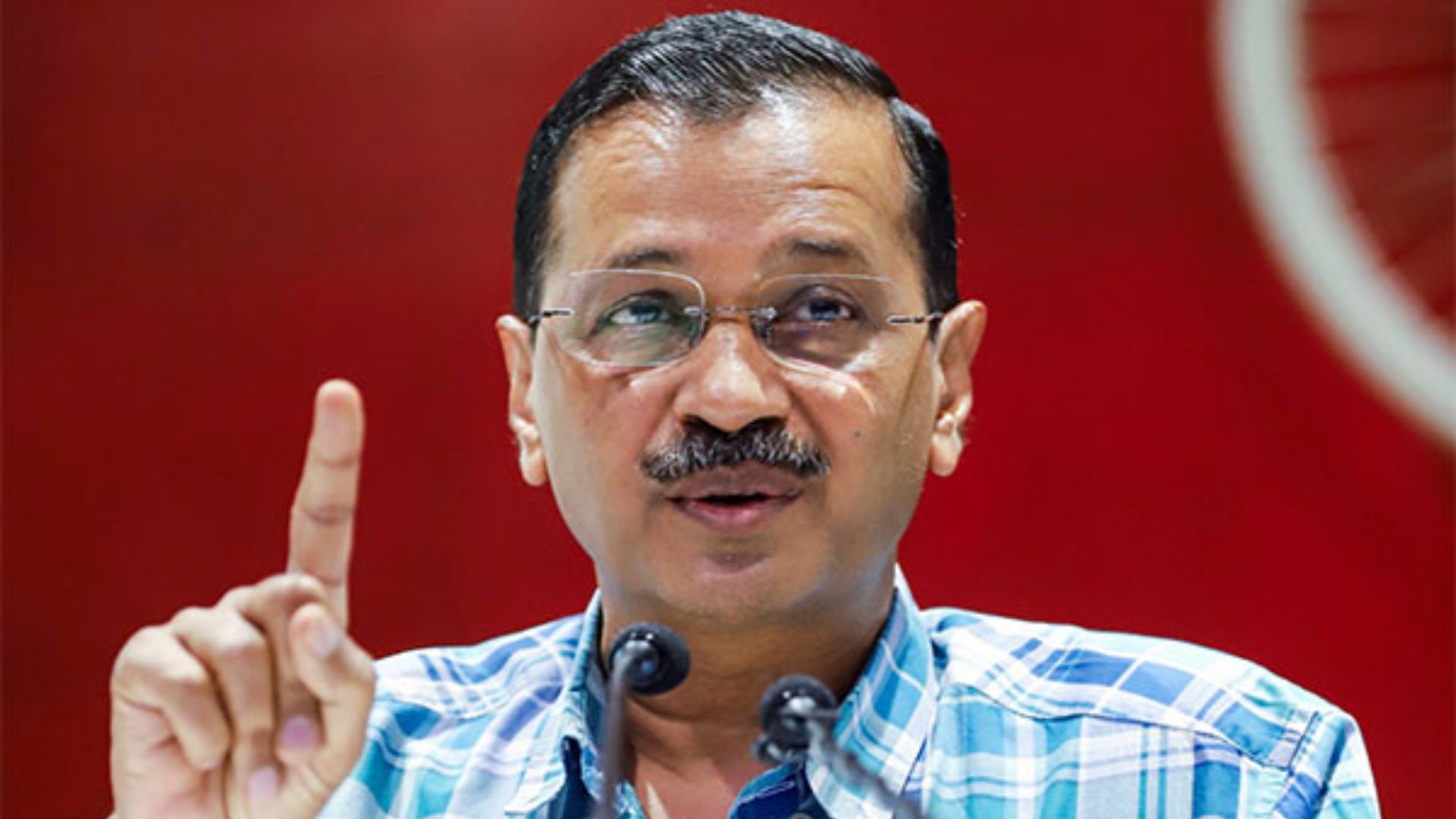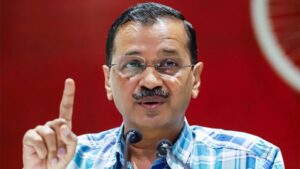Delhi Chief Minister Arvind Kejriwal faces returning to Tihar Jail on June 2, following a Delhi court’s postponement of its verdict on his interim bail plea to June 5 in connection with the Delhi excise policy case. Kejriwal, seeking seven days’ bail on medical grounds, is implicated in the now-scrapped Delhi excise policy of 2021-22. Despite his legal team’s request for an immediate verdict, citing the Supreme Court’s deadline, the court opted to defer its decision.
During the proceedings, the Enforcement Directorate (ED) opposed Kejriwal’s bail plea, arguing its inadmissibility before the trial court. Solicitor General Tushar Mehta highlighted Kejriwal’s recent press conference where he announced his intention to surrender, suggesting that his bail application was a last-minute attempt. Additional Solicitor General SV Raju supported this stance, alleging Kejriwal’s non-disclosure of his extension plea to the Supreme Court. Raju stressed the trial court’s inability to modify Supreme Court orders and emphasized the stringent conditions of Section 45 of the Prevention of Money Laundering Act.
In response, Senior Advocate N Hariharan, representing Arvind Kejriwal , cited the Supreme Court’s May 17 order, which granted liberty to file bail pleas. He underscored Kejriwal’s deteriorating health condition and the urgency for medical tests. ASG Raju countered, accusing Kejriwal of deliberately delaying medical examinations.
The court reserved its decision on the interim bail plea, scheduling Kejriwal’s regular bail application hearing for June 7, pending ED’s response.
This marks Kejriwal’s first regular bail application since his March 21 arrest by the ED. Previous challenges to his arrest were dismissed by lower courts, with the Supreme Court’s decision pending. The arrest stems from allegations of Kejriwal’s involvement in a ₹100-crore bribery conspiracy linked to changes in Delhi’s excise policy, which he denies. The policy, aimed at reforming the liquor industry, was scrapped amid controversy and replaced.














